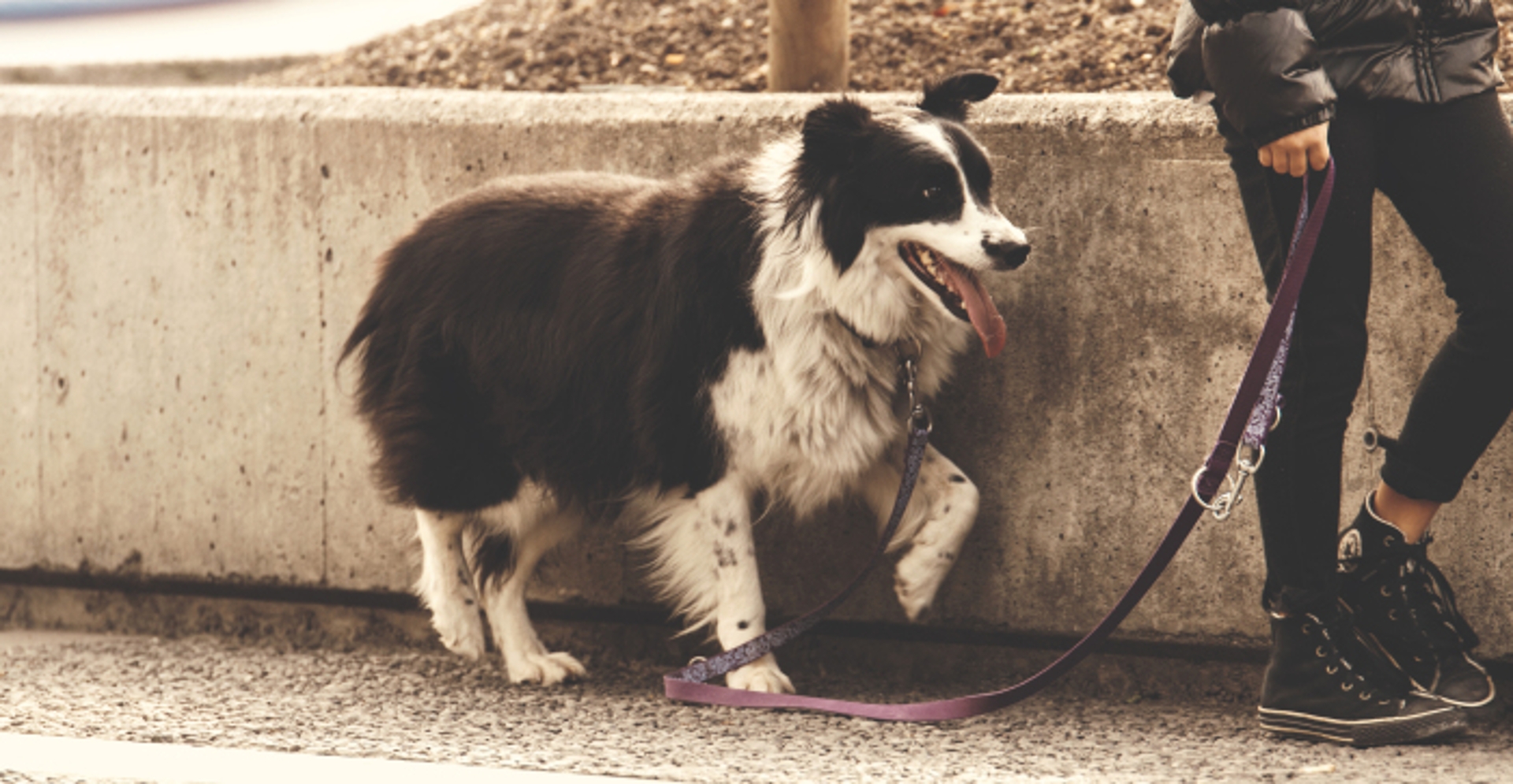Adopting a pet can be an immense source of joy and companionship. However, there are many responsibilities and complications that come along with pet ownership. Here are some questions to consider before you make a decision to ensure that your house is a place of harmony.
What kind of home do you live in? Where you live should play a huge role in what type of pet you adopt. If you’re living in an apartment or small house, it may be best to get a smaller breed dog, cat, bird, hamster, etc. Also consider the noise level of the pet you are adopting. Even small dogs can make a lot of noise, and you want to be sure that you will be considerate to your neighbors. Bigger dog breeds need plenty of leg room and opportunities to run, so an apartment isn’t the right environment for them. Do you rent? If so, be sure to talk to your landlord and see what type of pets are allowed and what fees come with adopting a pet in a rented space. Also keep in mind that having a pet may limit your future housing options if you continue to rent.
How will a pet fit in with your lifestyle? Pets need a lot of quality time and care, and you must be sure that your lifestyle allows for that. If you and your family are not home for 8+ hours a day, what will your pet do? Cats and other small breeds are pretty independent, but dogs need to be walked several times a day. If you live in an area where you can come home and check on your pet during your lunch hour, then you should be fine. Do you go on regular work trips or vacations? Who will watch your pet while you are gone? Also keep in mind that beyond the cost of adoption fees, food, toys, etc., there are many other additional expenses related to pet adoption. Veterinary visits, both planned, and emergency, can put you back hundreds of dollars. Be sure that you are willing and able to do what it takes to care for your pet before you adopt.
Do you have any pets? Consider your current pets and their demeanor, and how they will react to the new addition to your home. A new pet will have to be introduced gradually and carefully to assure peace in the home. It may be necessary to separate your current pet(s) from your new one for a while until you can be sure that they get along well. If you are adopting from a shelter, the staff should be able to tell you about your pet’s attitude and behavior, and whether or not a home that already has a cat or dog will be a good fit for them. Pets can become anxious and territorial when a new pet arrives, so it is best that every pet has their own food and water bowls, beds, litter boxes, and toys.
Do you have children? Growing up alongside a pet can be a wonderful bonding experience and teach children responsibility. However, there are some safety precautions and considerations for homes with children. Discuss expectations and boundaries with your children before adopting a pet. Teach them to read body language so that they know when a cat or dog is feeling frightened or defensive, and so they know when to stop petting. Supervise interactions between your child and the new pet to ensure that they are treating the pet gently, and that the animal is not becoming scared or agitated. Teach your children basic care for the pet, so that they can be involved in and take pride in caring for their new family member.
Are you ready to adopt a new pet? Click here to view pets available for adoption in The Guide.






